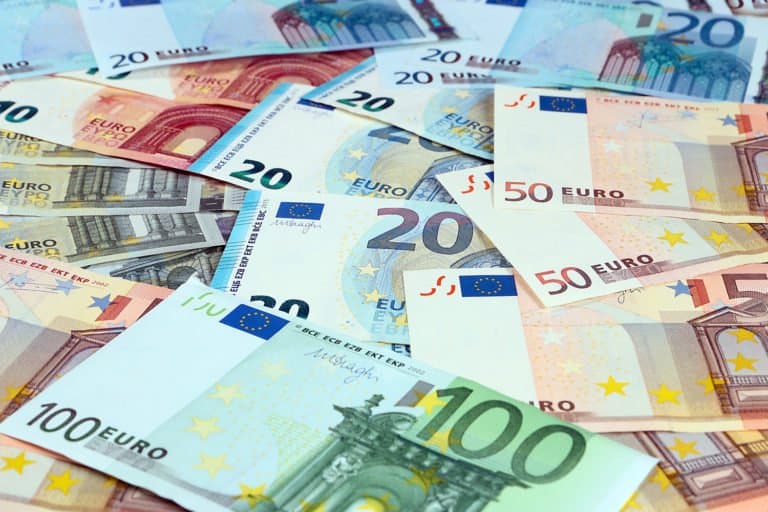The Republic of Ireland has finally agreed to sign the Organization for Economic Cooperation and Development‘s plans to create fair tax laws that prevent big tech from evading taxes by headquartering in low-tax countries.
Irish and Dutch tax law has a number of loopholes that allow Apple, Amazon, Google, Microsoft, and other big-name players to leverage legal provisions to reduce their tax bills by a significant margin. The Irish corporate tax percentage is currently set 12,5%, the lowest in the EU. The loopholes combined with that low percentage is known as the Double Irish Dutch Sandwich. The country introduced these laws to attract foreign investments and it worked.
Change on the way
Ireland would soon reap the benefits of its lax laws (many offices and jobs opened up) at the expense of everyone else. Other nations did not like this since the taxes the companies try to get out of paying should rightfully go to countries where the companies have customers. These governments felt they were missing out on the boatloads of cash everyone knows the tech companies rake in every year. The effort took several years, as the OECD tried to stop the practice using the Base Erosion and Profit Shifting Project.
The end is near
The project has the task of creating a global minimum effective corporation tax rate of 15 percent for multinationals with revenues exceeding €750 million. By August 2021, 140 nations had signed up for that plan and finally, after much pressure Ireland joins them.
Ireland’s Minister for Finance Paschal Donohoe called the change an important step in resolving the issues brought by the digitalization of the economy which led to the international tax framework struggling to accommodate new business models of multinational corporations.
The plan is scheduled to be complete by October, with the hope that nations can claim their 15 percent corporate tax by 2023. Big Tech’s profits went ballistic during the pandemic, as everyone else, including governments, struggled to keep the economy working.
